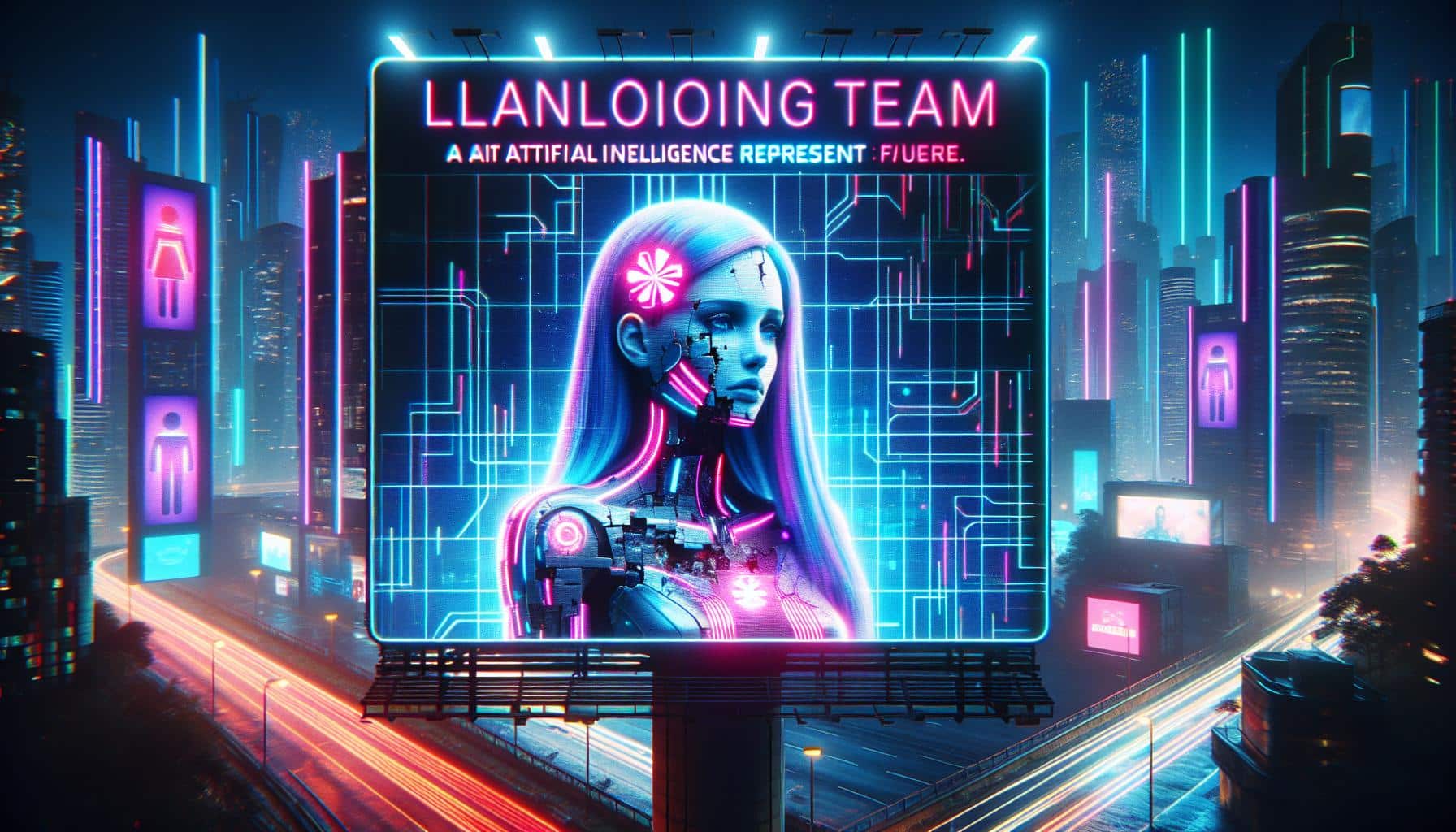Mahindra Racing’s AI Influencer: A Glimpse into Complex Dynamics
In a recent development that intertwines the evolving landscapes of social media and artificial intelligence, Mahindra Racing’s introduction and subsequent retraction of “Ava Beyond Reality,” an AI-generated influencer, offers a glimpse into the complex dynamics at play in modern digital communication and marketing. The creation of a digital character designed to represent a female motorsports journalist marked a foray by Mahindra Racing into the burgeoning realm of AI-driven social media content. However, the initiative was met with substantial criticism, leading to its prompt discontinuation.
Criticism Forces Retraction of Mahindra Racing’s AI Influencer
The creation of “Ava Rose,” as the character was known, was labeled as a “Sustainable Tech Queen” and “Racing Rebel Robot”. Despite these seemingly catchy titles, the profile received criticism for its superficial content and disconnect from the sport. The posts were primarily typical influencer-style, with little relevance to Formula E or racing. This lack of authenticity and engagement, typically associated with human influencers, was quickly noted by fans and enthusiasts. They criticized the character for its superficial approach and lack of genuine connection to the sport, as well as the company’s decision to create a fake female journalist instead of hiring a real one, particularly in a sport where women are often marginalized.
Implications of AI in Social Media: Lessons from “Ava Rose”
Mahindra Racing’s experiment with an AI-generated influencer brings forth several implications of employing artificial intelligence in social media. This incident highlights the need to carefully consider the role AI should play in content creation, especially in sensitive areas like sports journalism. The lack of human connection and authentic engagement with the audience becomes apparent, ultimately leading to a backlash. The backlash serves as a cautionary tale for other organizations considering similar AI-driven content creation approaches, urging them to strike a balance between innovation and authenticity.
The Authenticity Gap: Why “Ava Rose” Failed to Connect
The primary reason behind “Ava Rose’s” failure to connect with the audience lies in the authenticity gap that AI-generated content often faces. Human influencers are successful because they connect with their audience on an emotional level, providing genuine insights, opinions, and experiences. “Ava Rose,” on the other hand, lacked the ability to convey real emotions, personal experiences, or connect with the racing community. This left the profile feeling superficial and disconnected, leading to widespread criticism.
Mahindra Racing’s Backlash: Ethical Considerations of AI in Media
The backlash faced by Mahindra Racing’s “Ava Rose” program raises important ethical considerations surrounding the use of AI in media. The decision to create a fake influencer instead of hiring a real journalist sparked criticism for perpetuating the marginalization of women in motorsports journalism. It also brings attention to the moral responsibility of organizations to uphold authenticity and transparency in their digital communication. Companies must carefully evaluate the impact of AI-driven initiatives and ensure they align with ethical standards and values, respecting their audience’s expectations and the industry they are operating within.
In conclusion, Mahindra Racing’s botched attempt at using an AI-generated influencer highlights the complex dynamics at play in the realms of social media and artificial intelligence. The criticism faced by “Ava Rose” serves as a valuable lesson on the importance of maintaining authenticity and human connection in content creation, particularly in fields like sports journalism. This incident sheds light on the ethical considerations surrounding the use of AI in media and serves as a reminder for organizations to tread carefully when incorporating AI-driven initiatives into their digital strategies.
Analyst comment
The news can be evaluated as negative. As an analyst, it is likely that the market will become more cautious about employing AI-generated influencers in sensitive areas like sports journalism. Organizations will be urged to prioritize authenticity and human connection in their content creation strategies to avoid facing backlash and criticism.













